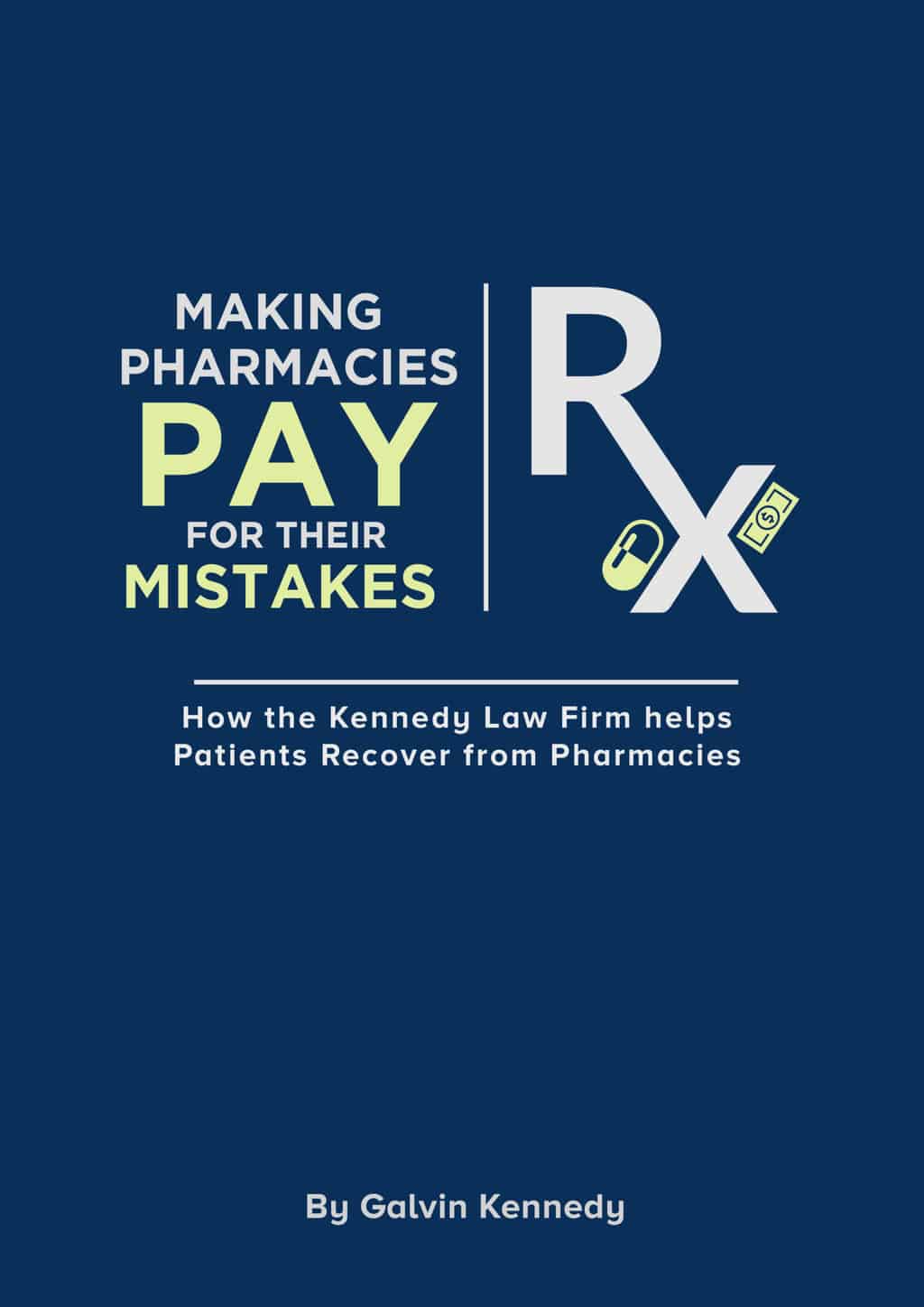Our mothers always taught us to be polite. The consensus was that you draw more flies with honey than vinegar. (I was never sure why my mother thought I’d want to draw flies - aren’t they a pest, after all?) Her point was that I should always be polite, especially to authority figures like my teachers, the doctor, the police, the pharmacist, etc. She didn’t have a lot of advice on how to take care of myself against mistakes that happened after I was polite to any of these authority figures. That’s because many of us in society have been conditioned to trust those in authority to do the right thing. The news this week and every week is enough to tell us that authority figures can’t always be trusted. When you are at the doctor’s office or at the pharmacist you may want to be polite and make small talk. But your time and your healthcare providers’ time are valuable - don’t waste it. They are paid to do a job, so let them focus on it. You have a job too: to prepare your questions by writing them down and bring this checklist with you. Don’t leave until you have written down - with the proper spelling - the name of any drug you are prescribed. Also, write down the doctor’s instructions for using the drug. Don’t blindly accept what the doctor says about the medicine.
To help protect yourself against pharmacy errors, make sure your doctor and your pharmacist are following this checklist:
Where does the doctor’s role end and the pharmacist’s role begin?
Some of the items on this checklist may seem repetitive. That’s because your doctor and your pharmacist have different areas of expertise. Your doctor has many reference materials at his disposal which help him or her diagnose and treat patients. Your pharmacist has some of the same materials and has other materials at his disposal as well, because his area of expertise is the chemicals that treat patients’ problems. The doctor’s area of expertise is diagnosing and treating the problems. What this means is that your pharmacist knows more about drugs, herbs, supplements and how they act on the human body and how they act together, than your doctor.
Your doctor and your pharmacist should be answering many of the same questions, but the doctor and the pharmacist will answer those questions based on different criteria.
What this means is that there are two chances for you to help prevent medication errors. The first is in the doctor’s office. Ask about side effects, whether it is safe to take with all your other medicines, if it will affect your other conditions, and make sure the doctor has a list of all your medicines, both Over-the-Counter and prescription, as well as herbs, vitamins and mineral supplements. Make sure he knows about all your food and drug allergies, too. Ask about foods or activities to avoid while taking the medicine, and how long you are supposed to use the medicine.
When you pick up your prescription at the pharmacy, ask the same questions of the pharmacist, and make sure all your drugs, supplements and herbs are on file there, as well as your drug and food allergies. Don’t leave the pharmacy without checking all your prescription labels against your notes, to make sure the dosage and the usage instructions match what the doctor told you about your medicine. If something doesn’t seem right, question the pharmacist and insist on a callback, even if you have to call your doctor’s office from the pharmacy and demand the pharmacist speak to the doctor on your cell phone.
It’s good to be polite. Politeness does make things move faster and easier most of the time in this society. But blind acceptance of everything we hear from an authority figure is not simple politeness. Stop being polite and insist that your whole healthcare team is on the same page. In today’s managed-to-the-penny and managed-to-the-second healthcare system, where doctors and pharmacists have little time for patient interaction, you are your own best advocate. Being an advocate means being unafraid to speak up to make sure you’re getting the safest and best healthcare possible for yourself and your family.

Pharmacy errors can cause death or significant health concerns. If you think that you have been harmed due to a
Pharmacy negligence results in 1.5 million injuries to people in the US each year. These errors happen in the hospital
Pharmacists are required by law and by definition of their duties to provide specific care to their customers and patients
